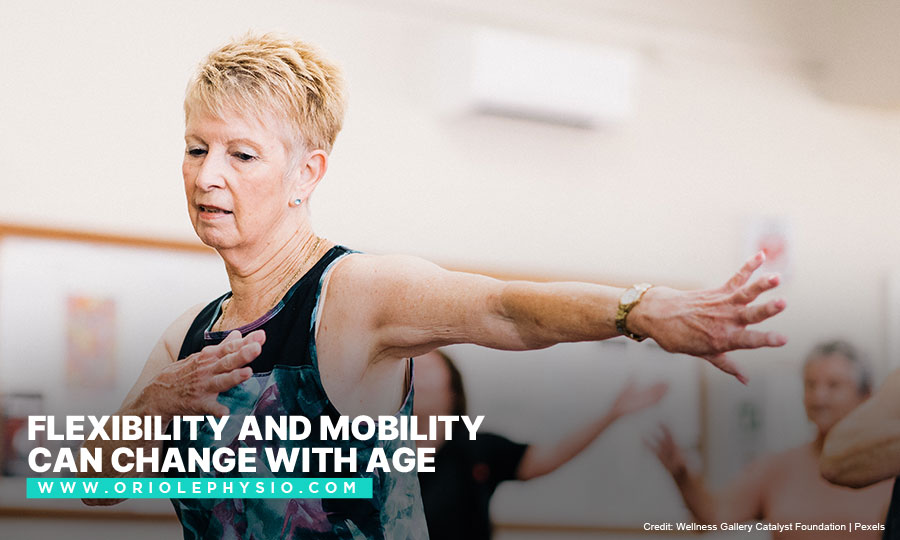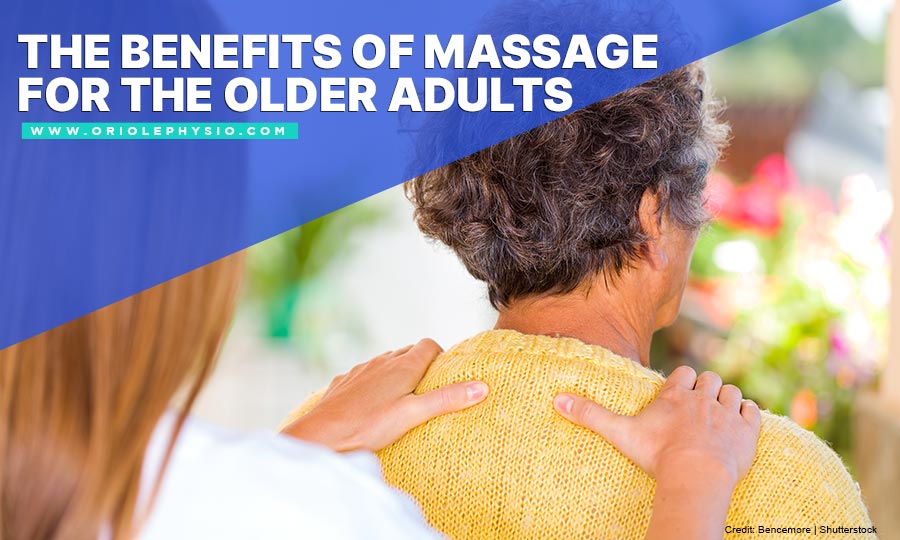The Benefits of Massage for the Older Adults
As we get older, our bodies can begin to slow down as we experience pain and stiffness. Arthritis, back discomfort, joint pain, muscle stiffness, ligament injury, inflammation, and lack of movement are all common problems among older people. These diseases can make it difficult to participate in all of the physical activities you like.
Massage therapy for elders can be an effective, non-invasive technique to relieve some of the many signs and symptoms of illnesses that come with age, particularly when used in conjunction with standard medical services. Regular massage can help seniors enhance their quality of life, increase their energy levels, and make them feel younger and healthier.
What Is Geriatric Massage?
Geriatric massage is a term commonly used to describe massage therapy for the elderly. This type of massage is tailored to older persons with age-related disorders such as aging skin, joints, and/or connective tissue, impaired circulation, and other age-related difficulties.
Special considerations must be taken when giving older individuals a massage.
A massage therapist will take into account all aspects of aging as well as a person’s individual health conditions during the process. Geriatric massage is not a one-size-fits-all treatment. Everyone is different, with varied health issues and levels of fitness.
Benefits of Massage for Older Adults
The advantages of massage for an elderly person are well known. Massage therapy has numerous advantages for people aged 60 and up, including the reduction of pain, tension, and headaches, as well as the treatment of cancer and mental health conditions.
Here are some more reasons why massage is good for senior citizens:
- Helps in stroke recovery
Seniors are encouraged to get up and move again after a stroke. Massage therapy can help with this since it stimulates damaged areas and focuses on anything that may be immobilized. - Enhances Immunity
Massage therapy helps improve your immune system and cleanse toxins out of your body, improving blood flow. People who receive massages are found to be significantly less sick than people who don’t. Massage boosts the activity of white blood cells, which aid in disease-fighting and may aid in decreasing cortisol, a stress hormone. - Helps with mental health
Massage has been demonstrated to reduce the harmful buildup of cortisol, also known as the “stress hormone”, enabling the body to rest and rejuvenate. Physiotherapy can be a social experience as well. Seniors will engage with a physiotherapist one-on-one to improve their well-being and accomplish health objectives. - Improves balance and gait
As the bones weaken with age, falling is constantly listed as among the biggest worries for seniors. In Canada, it is estimated that between 20% and 30% of seniors fall each year. Massage improves proprioception, or the sensation of the relative position of body parts, by increasing blood flow to the limbs, which improves balance and reduces the risk of falling. - Improves sleep
Massage provides soothing benefits that reach far beyond the massage table. Seniors who get weekly massages say they sleep deeper and for longer periods of time. As a result of giving the body more time to mend itself, the general feeling of health improves. - Increase flexibility

Our joints and muscles contract as we age, limiting our range of motion and increasing our risk of injury. It’s critical to assist our aged muscles in relaxing as a result of inactivity. Massage therapy loosens stiff muscles and joints, allowing for a great deal of flexibility in daily tasks.
- Increases blood flow
The most essential advantage for elders is improved circulation. Massage therapy greatly aids the flow of blood into the limbs. Massage treatment improves blood circulation in the body through kneading, soft stroking, and the application of moderate pressure to various regions of the body. - Relieves arthritic pain
Massage will never cure osteoarthritis, but it can help ease the burning sensations. For those suffering from arthritis, focusing on enhanced blood circulation to the joints and warming the affected areas has been shown to help with pain alleviation. Over the course of a few months, seniors who received massage as part of their osteoarthritis treatment have been observed to experience decreased pain and stiffness and increased physical function. - Soothes dementia and Alzheimer’s disease
Slow-stroke back massage has been demonstrated to benefit Alzheimer’s patients with straying, fidgeting, and resisting behaviours. Massage and touch have been proposed as a nonpharmacological alternative or augmentation to existing treatments for anxiety, agitated behaviour, and sadness in dementia patients. Massage and touch have also been suggested as ways to combat cognitive deterioration. - Stimulates the nervous system
Massage treatment releases endorphins, hormones, and neurotransmitters that help the nervous system work properly. That assertion has been repeatedly backed by research, which shows how therapeutic massage helps release chemicals that have huge advantages on the body, such as serotonin and dopamine, the happy hormone.
Massage Considerations
A massage therapist will examine various issues for confronting people of age to guarantee their experience is beneficial.
- Overall health status
When offering a geriatric massage, a massage therapist will take into account your entire health. This could include watching your movements and asking about your health history and exercise level.
Remember that as you get older, your body’s systems alter. Your body could be more sensitive to pressure, your joints could function differently, and your muscles and bones could be more fragile.
- Medical conditions
Any health issues you may have should be disclosed to your massage therapist before your appointment. Chronic illnesses such as arthritis, cancer, circulation problems, diabetes, gastrointestinal problems, and heart problems are examples.
This information is particularly crucial when it involves a loved one suffering from dementia or Alzheimer’s disease. Before conducting a massage, a massage therapist should be informed of all medical issues.
- Medications

Inform your elderly massage therapy clinic if you are taking any medications to treat a health problem. They can adjust the massage based on the medication’s effects.
- Pain sensitivity
Decreased blood flow, a medical condition, or medication may cause you to feel pain differently as an older adult. If you have a heightened pain sensitivity or can’t feel discomfort until it’s severe, tell your massage therapist. This can help you prevent getting hurt or uncomfortable. - Skin condition
Your skin thickness and durability change as you get older. The massage therapist will decide how much pressure can be applied to your skin without harming it. Excessive pressure may cause your skin to crack or irritate. - Temperature regulation
As you get older, you may have a greater sensitivity to heat or cold. You may also find it difficult to control your body temperature. Make your massage therapist aware of any temperature sensitivities so that they can make certain adjustments.
Massage treatment can be enhanced by combining it with other calming and preventative methods. If you are looking for a massage therapy and physiotherapy in Willowdale that can accommodate people of all ages, older adults in particular, come to Oriole Physiotherapy and Rehabilitation Centre. Call us at (416) 221-0772.



